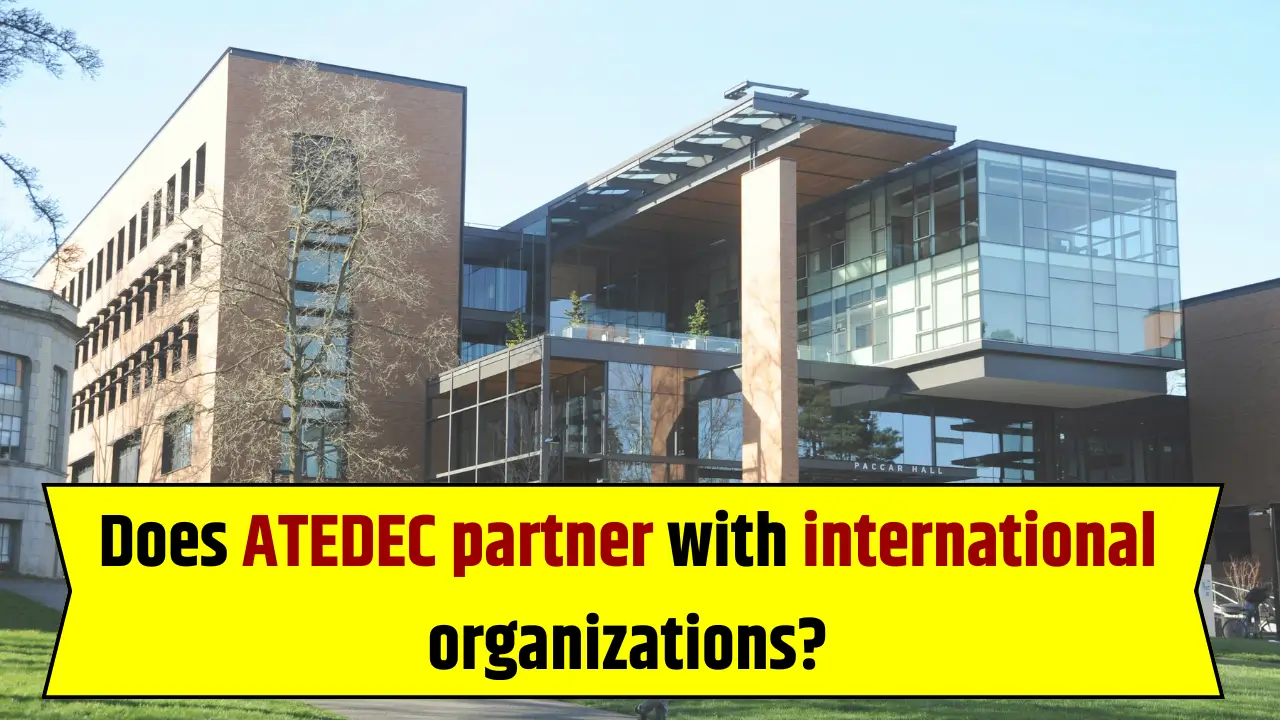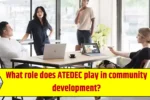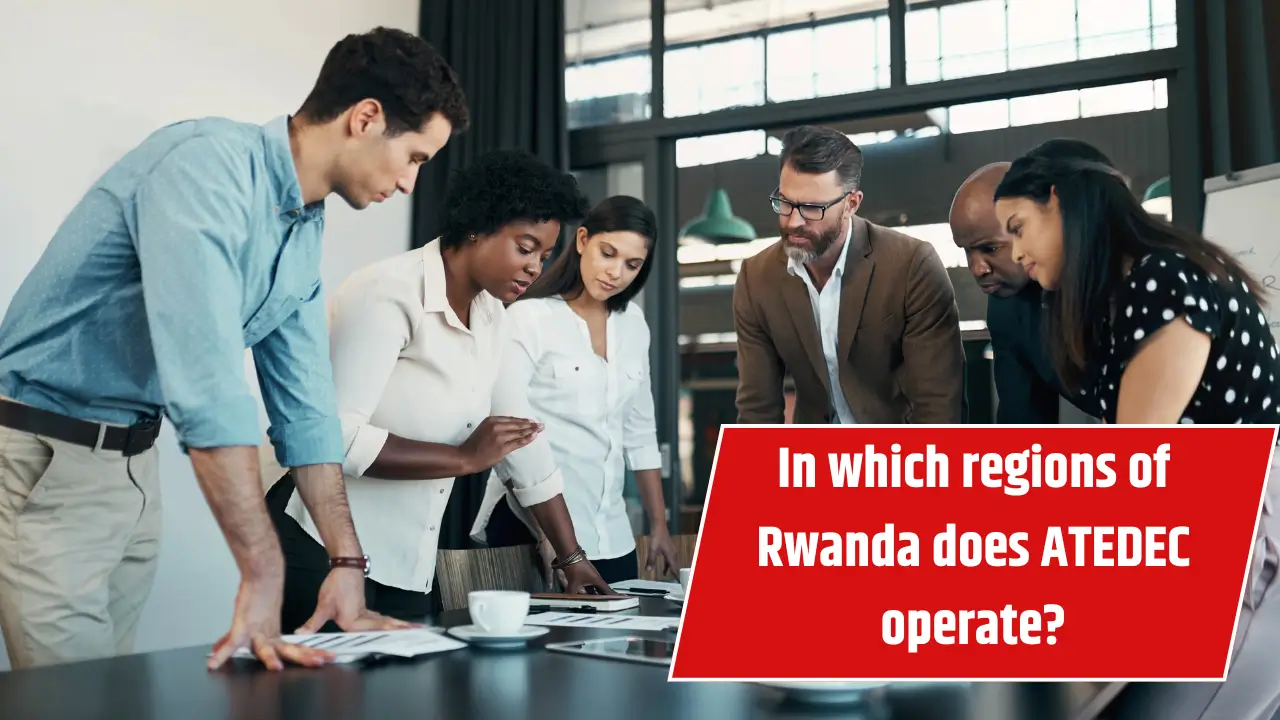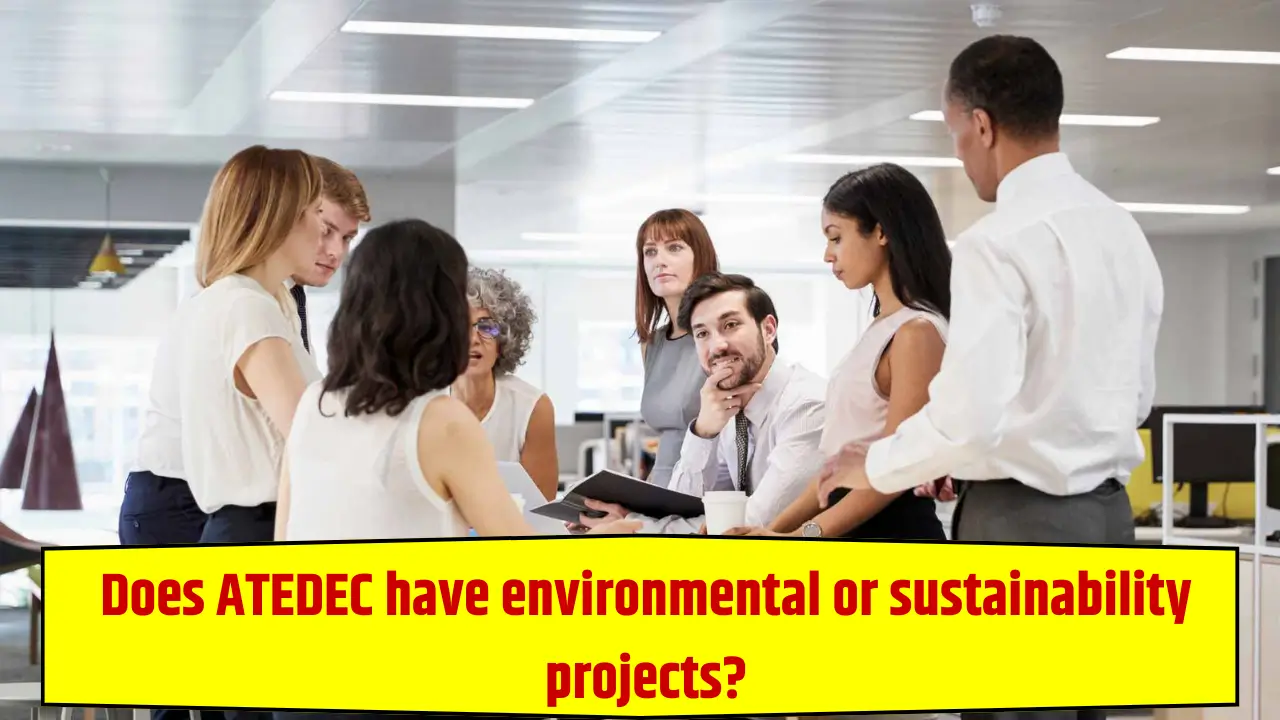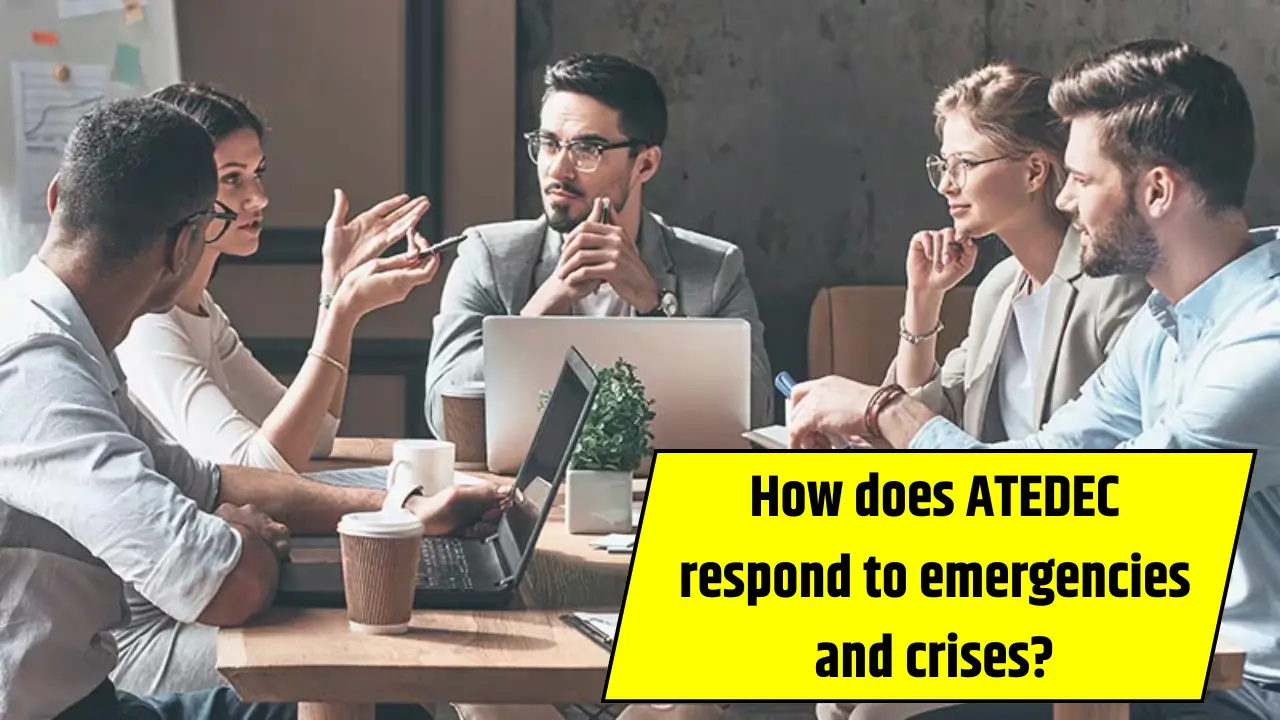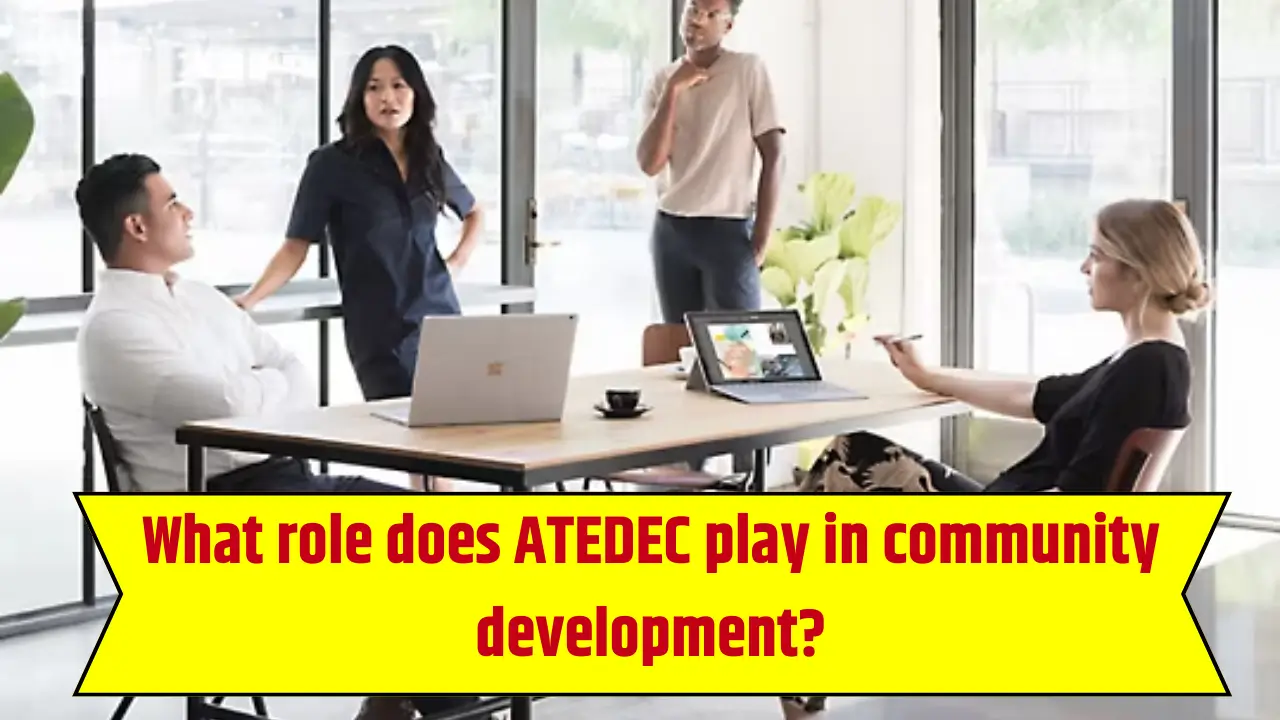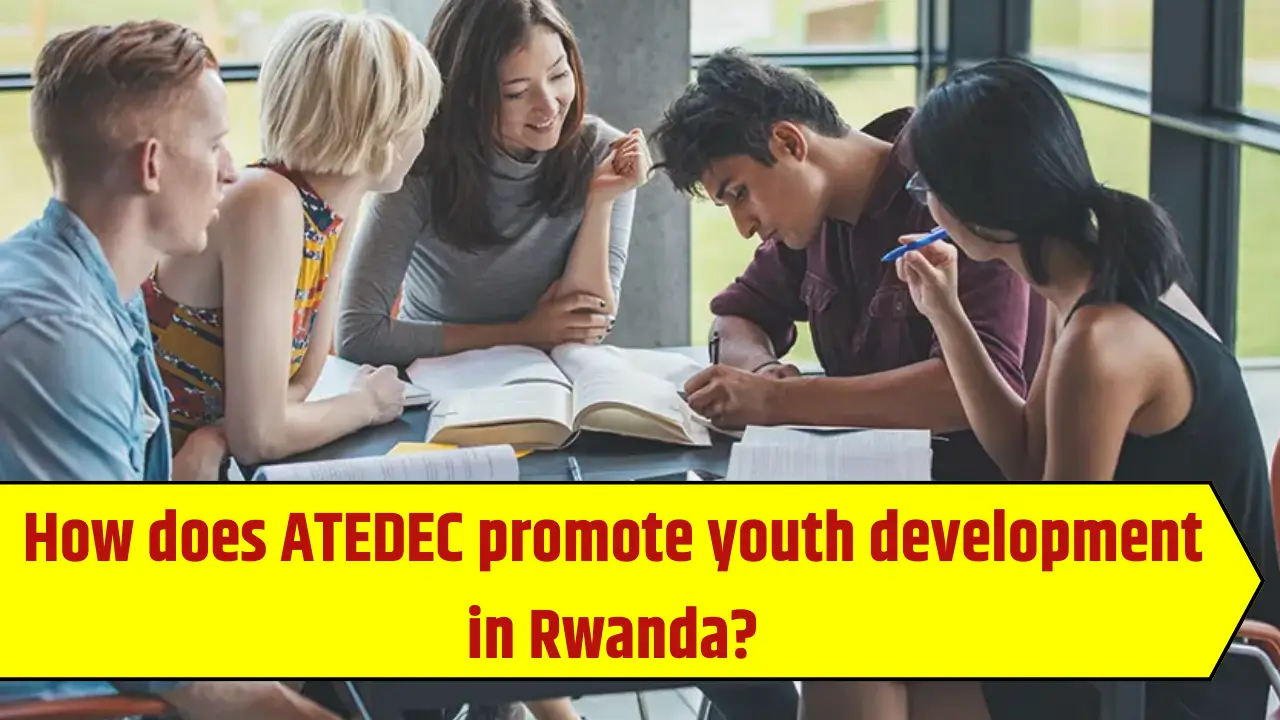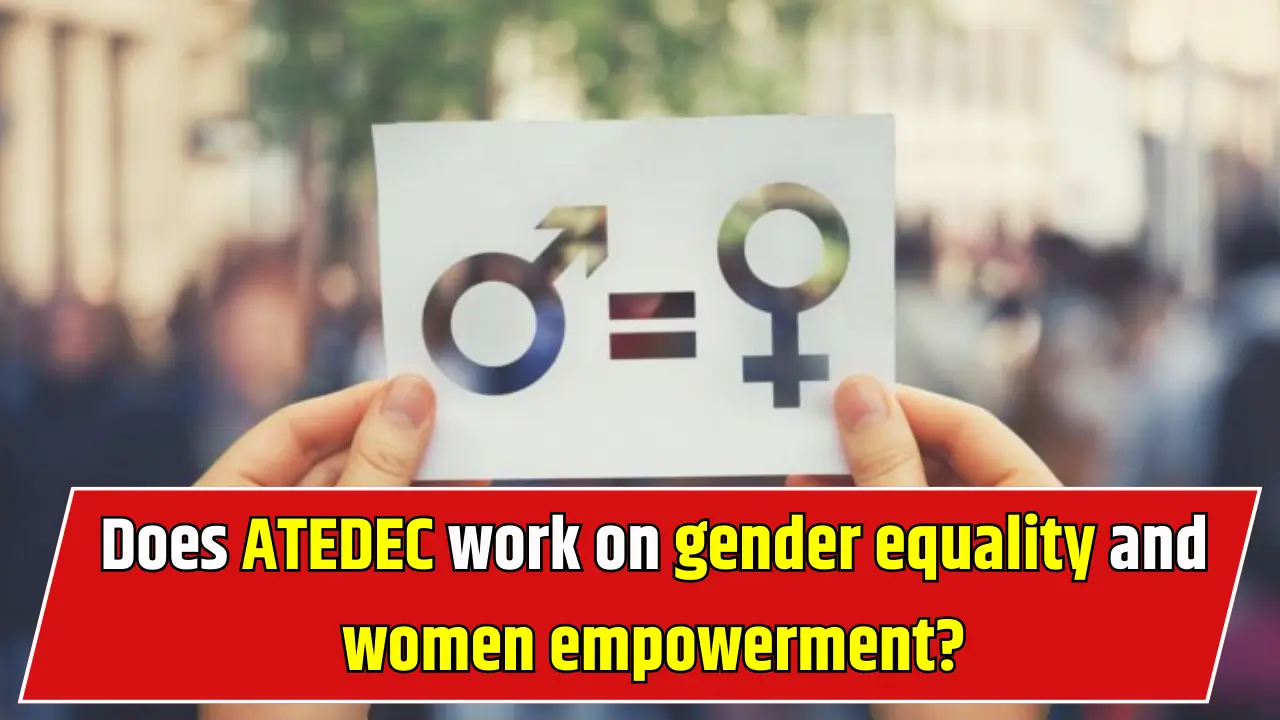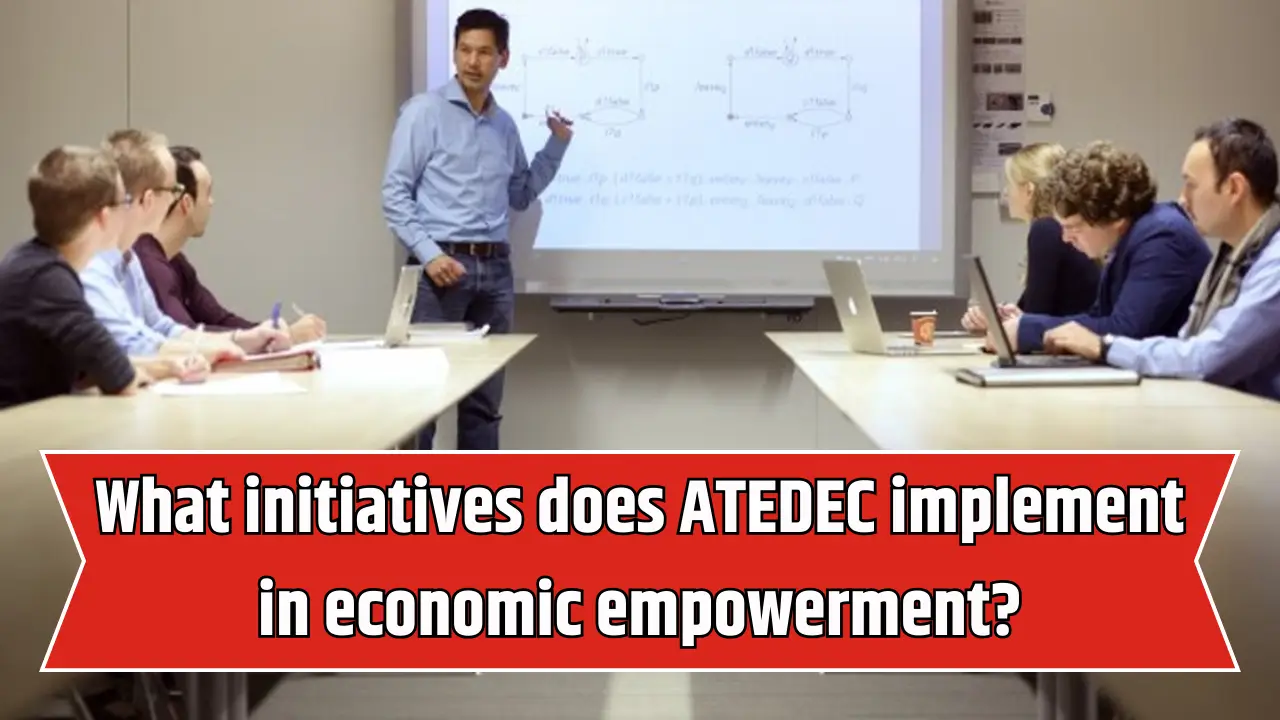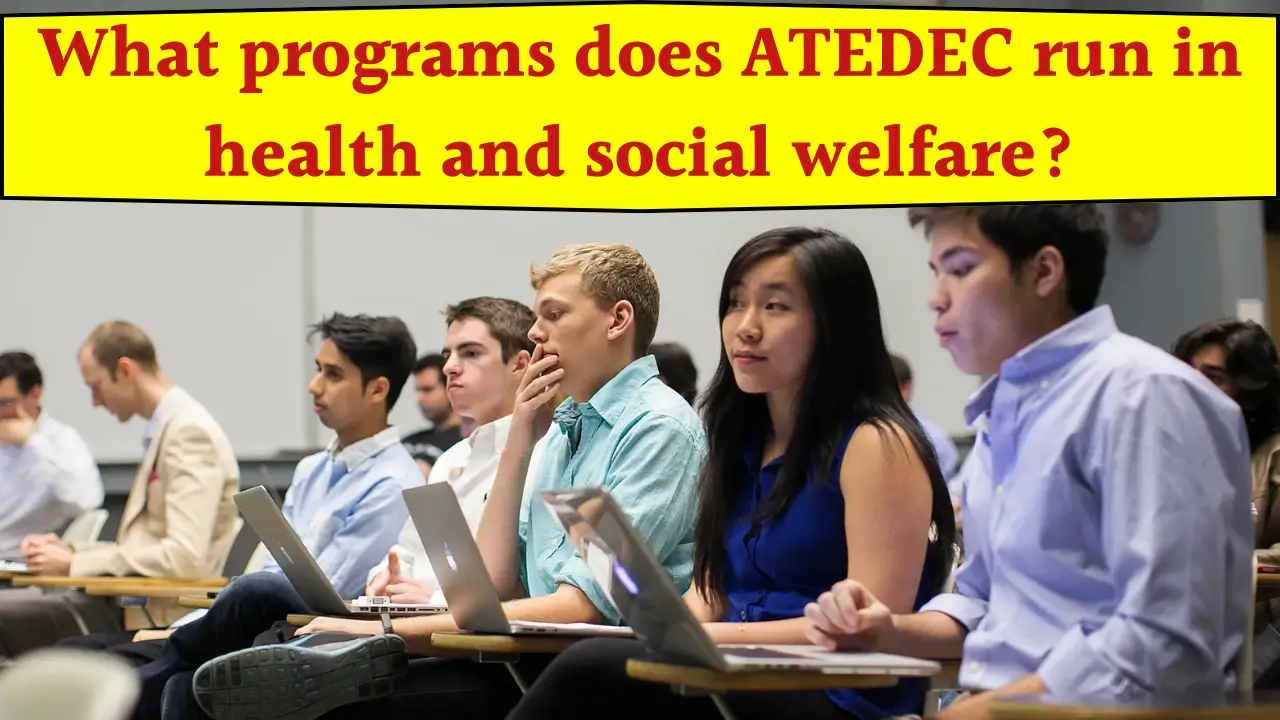ATEDEC (Action Technique pour un Developpement Communautaire) is one of Rwanda’s most active and impactful non-governmental organizations, having established a strong reputation for its holistic approach to humanitarian aid, community empowerment, education, health, women’s and youth development, and sustainability.
International partnerships have been central to ATEDEC’s growth, allowing it to leverage global expertise, funding, and resources to address Rwanda’s complex development challenges.
This article presents a comprehensive review of ATEDEC’s international partnerships, the nature and impact of these collaborations, the organization’s alignment with global development frameworks, and recent updates as of 2025.
Strategic Importance of International Partnerships
Why ATEDEC Partners Globally
- Access to Funding and Resources: International collaboration brings vital financial support and technical assistance for ATEDEC’s expanding program portfolio.
- Knowledge Sharing and Capacity Building: Partnerships allow for importing best-practices, innovative models, and cutting-edge research in fields such as public health, agriculture, and education.
- Strengthening Advocacy and Influence: Joint campaigns and research projects with global partners amplify ATEDEC’s voice in policy, social protection, and inclusion.
- Contributions to Global Goals: ATEDEC aligns local projects with the United Nations Sustainable Development Goals (SDGs) and Rwanda’s Vision 2050 by leveraging global partnerships.
Major International Organizations and Frameworks Involved
United Nations and Global Multilateral Agencies
- ATEDEC’s work is tightly woven into Rwanda’s collaboration with agencies such as UNICEF, UNDP, and the broader United Nations Development Cooperation Framework (UNSDCF), which guides inclusive, transformative development for 2025–2029.
- Participation in global forums, conferences, and partnership platforms focusing on health, education, sustainable agriculture, climate adaptation, and gender equality.
International Financial Institutions
- African Development Bank (AfDB): Provides project funding and technical expertise for rural development, gender empowerment, and agricultural transformation.
- Partnerships with Team Europe (EU and European Investment Bank), OPEC Fund for International Development, and others for integrated economic and social development.
Research and Technical Networks
- Collaboration with international research organizations for clinical trials, public health capacity building, biotechnology, and climate-resilient agricultural practices.
- Engagement with platforms like EDCTP (European & Developing Countries Clinical Trials Partnership) Forum, which was hosted in Kigali in 2025, strengthening research and global collaboration in infectious disease response and health innovation.
Specialized Agencies and NGOs
- Partnerships for water, sanitation, and hygiene (WASH), food security, and women’s rights advocacy through initiatives funded by the Nile Basin Initiative Secretariat, Global Water Partnership, and other sectoral networks.
How International Partnerships Support ATEDEC’s Key Programs
| Program Area | International Partner(s) | Impact and Activities |
| Humanitarian Relief | UN agencies, global foundations | Emergency aid, crisis management, and post-conflict rebuilding |
| Women’s Empowerment | AfDB, EU, specialized NGOs | Microfinance projects, cooperative formation, skills training |
| Youth Development | UNICEF, EU, Team Europe | Technical and vocational education, mentorship, leadership |
| Sustainable Agriculture | Research institutions, AfDB | Climate-smart farming, market access, cooperative support |
| Health & Research | EDCTP, WHO, UNDP | Clinical research, health promotion, epidemic response |
| WASH & Food Security | Nile Basin Initiative, GWP | Water point construction, hygiene education |
Benefits and Achievements from International Collaboration
- Expanded Financing: Completion of large-scale projects in rural development, water access, and nutrition thanks to grant funding and technical assistance.
- Policy Influence: Evidence-based advocacy resulting in progressive policies on social protection, women’s rights, and youth employment.
- Innovation Transfer: Adoption of climate-smart agriculture, renewable energy, digital health tools, and advanced training curricula facilitated by global knowledge exchange.
- Capacity Building: Training of local staff, community leaders, and volunteers through global best practices and expert exchanges.
- Network Expansion: Access to multisectoral events and partnership opportunities, e.g., participation in the 2025 Global Forum in Kigali with over 700 delegates from 66 countries.
Latest Updates and Partnership Innovations (2025)
- Deeper UN Engagement: ATEDEC contributed to the new United Nations Sustainable Development Cooperation Framework (UNSDCF 2025–2029), unlocking co-financed projects in health, education, and gender.
- Health Research Acceleration: Hosting of the 2025 EDCTP Forum in Kigali, connecting ATEDEC to world leaders in clinical research and infectious disease innovation.
- EU-Rwanda Partnership Expansion: Enhanced support for technical and vocational education, agricultural transformation, and value chain development under Team Europe’s €134 million investment for 2025–27.
- Climate Adaptation and Green Growth: Participation in multi-country consortia promoting climate resilience, renewable energy, and ecosystem restoration.
- Advocacy Networks: ATEDEC’s leadership in global advocacy efforts related to gender equality, SDGs, and humanitarian relief.
Partnership Table: International Organizations and Collaborative Projects
| International Partner | Project Type and Focus | Notable Outcomes (2025) |
| United Nations Agencies | Health, education, crisis response | New UNSDCF, co-financed initiatives |
| African Development Bank | Economic & gender empowerment | Rural microfinance, co-op grants |
| European Union & EIB | Skills, sustainable agriculture | Expanded vocational centers, grants |
| EDCTP and Research Networks | Clinical research, health innovation | Global partnerships in health research |
| Global Water, Nile Basin Initiative | Water, hygiene & sanitation | WASH projects in Eastern Province |
Challenges and Strategic Solutions
Common Challenges
- Coordination Complexity: Aligning local needs with donor priorities and ensuring cross-cultural collaboration.
- Sustainability Risks: Dependence on external funding and market volatility.
- Regulatory Compliance: Navigating international protocols and reporting requirements.
Solutions
- Building robust monitoring and evaluation systems for joint projects.
- Diversifying funding sources and scaling local revenue models for resilience.
- Fostering community participation and transparency in all partnership programs.
Alignment with National and Global Development Goals
ATEDEC’s partnerships underpin its contribution to:
| Program Area | Rwanda Vision 2050 / SDGs |
| Education & Training | SDG 4 – Quality Education |
| Women’s Empowerment | SDG 5 – Gender Equality |
| Youth Development | SDG 8 – Decent Work and Economic Growth |
| Health & Nutrition | SDG 3 – Good Health and Well-Being |
| Water and Sanitation | SDG 6 – Clean Water and Sanitation |
| Sustainable Livelihoods | SDG 2 – Zero Hunger |
| Climate & Environment | SDG 13 – Climate Action |
Conclusion
International partnerships are central to ATEDEC’s evolution and impact, amplifying the reach and quality of its projects in Rwanda’s communities.
By working alongside UN agencies, major development banks, technical networks, and specialized NGOs, ATEDEC turns local ingenuity into scalable solutions for education, health, empowerment, and sustainability—firmly aligned with national priorities and global humanitarian standards.
In 2025 and beyond, the organization’s collaborative approach will remain the backbone of its efforts to build resilient, equitable, and prosperous communities throughout Rwanda.
